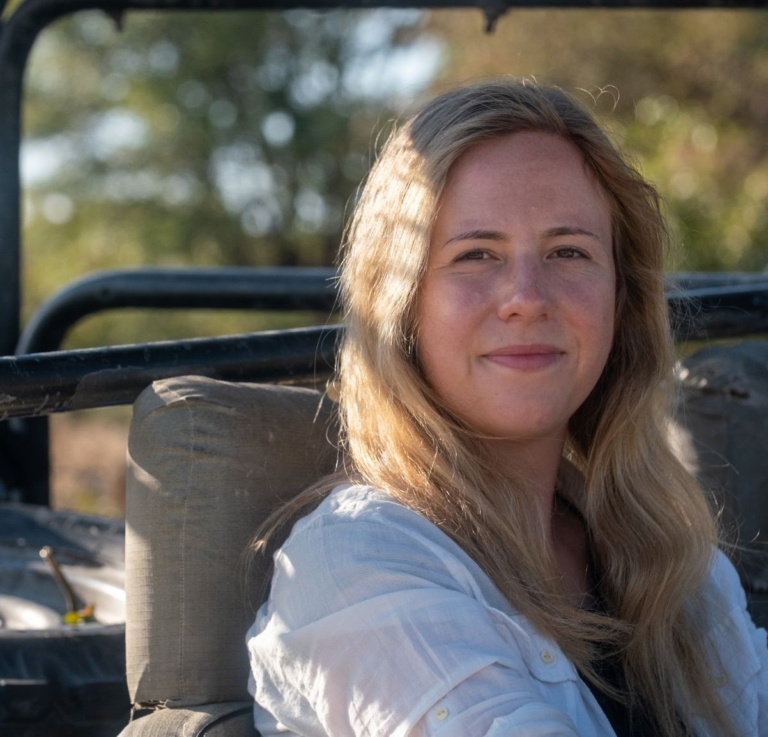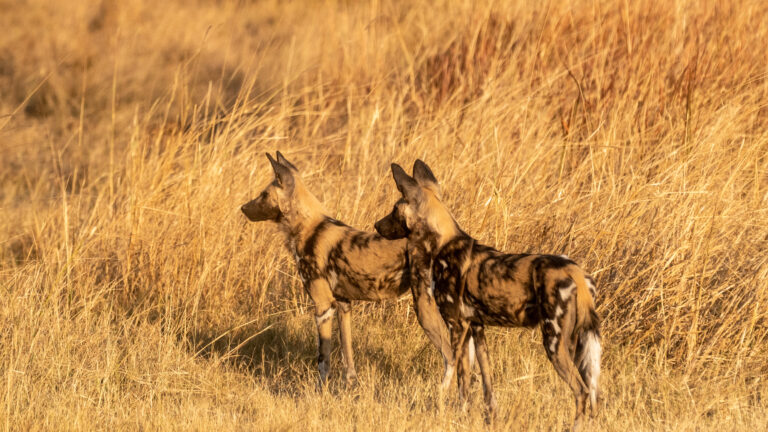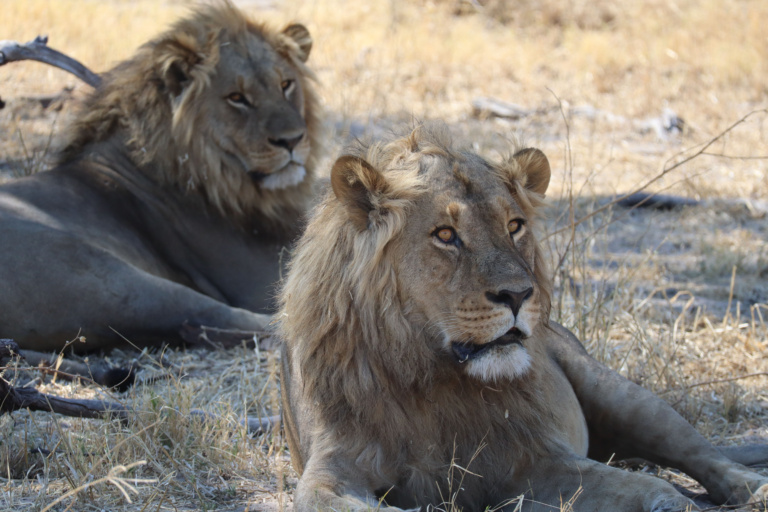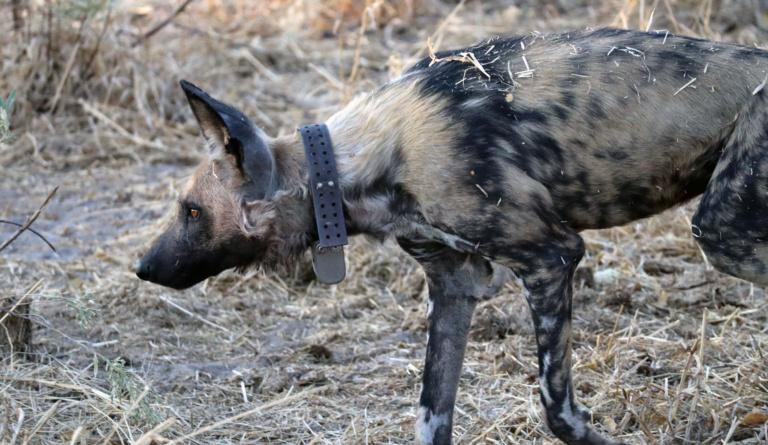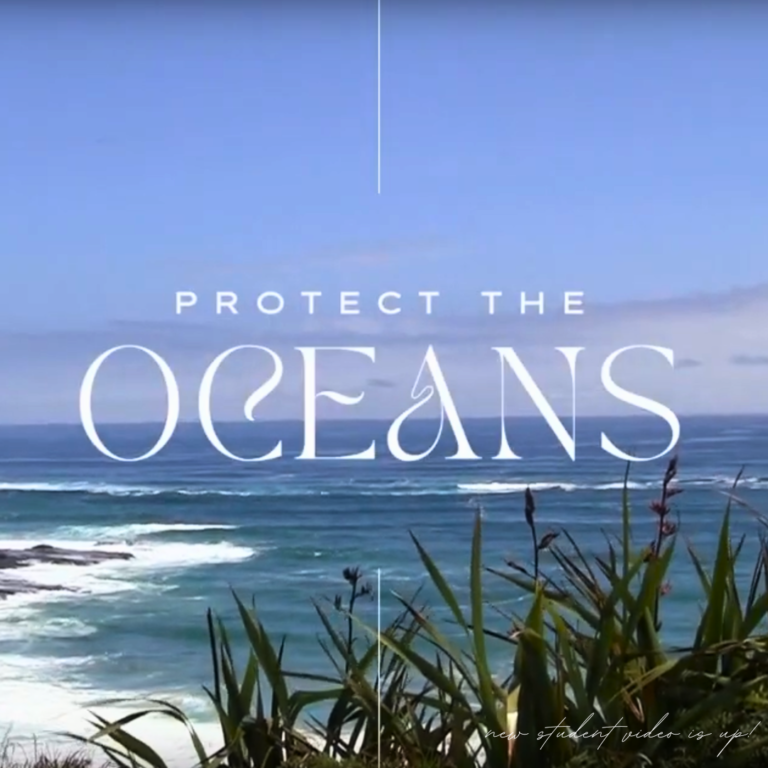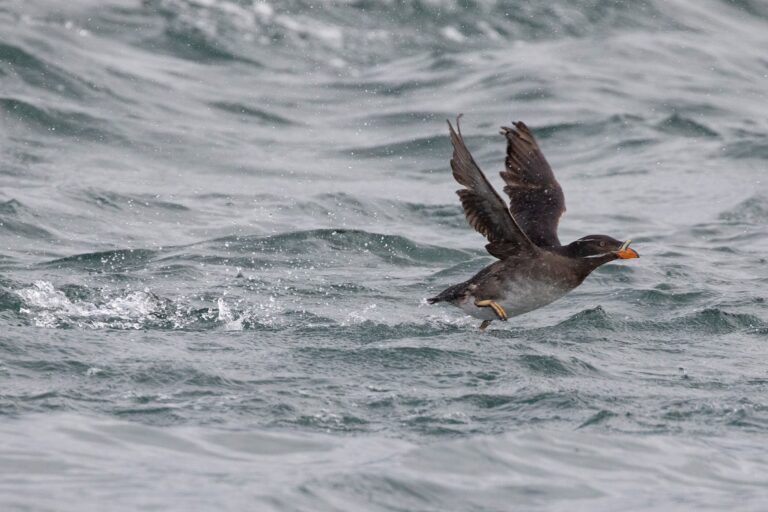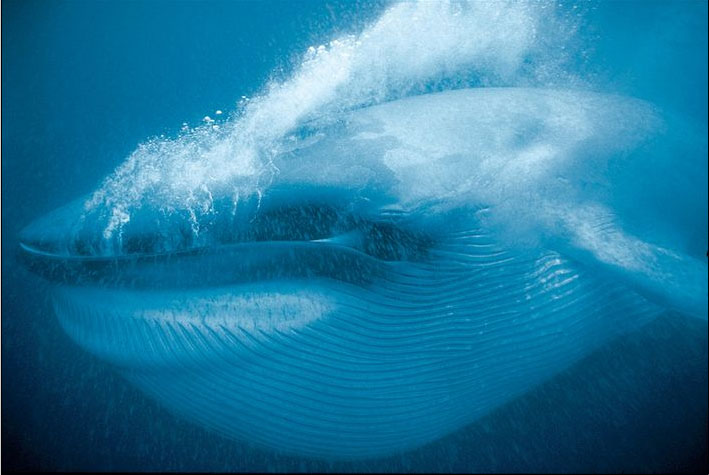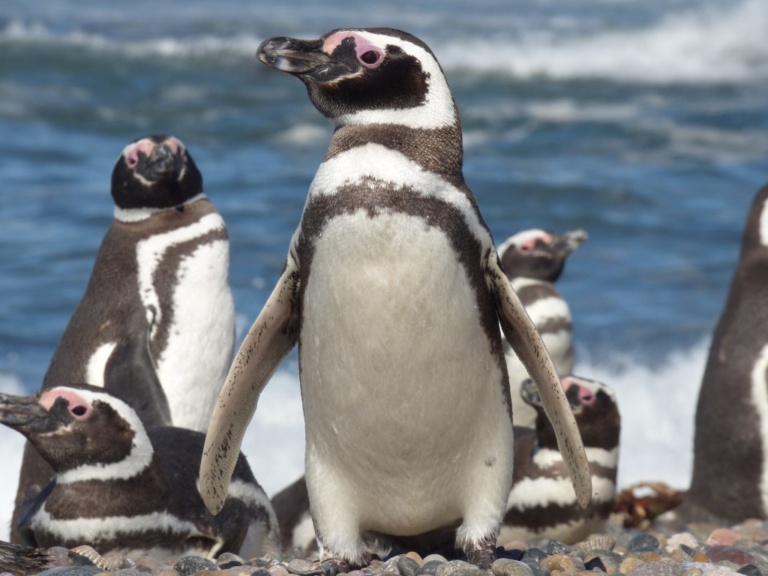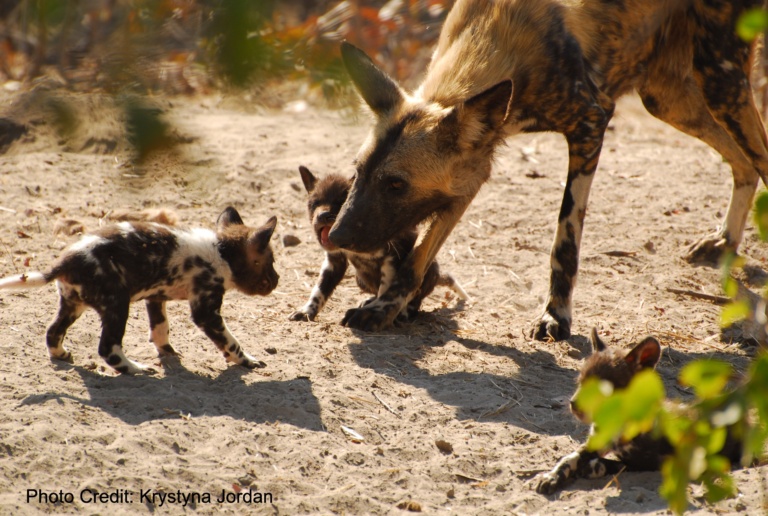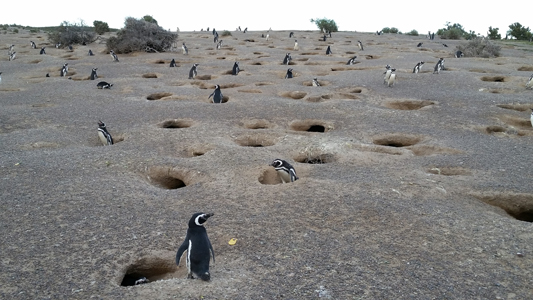Abrahms Lab grad student Leigh West publishes first article
Congratulations to Leigh West, Dr. Abrahms’s graduate student, who just recently published her first paper as lead author. Her research article, “Droughts reshape apex predator space use and intraguild overlap,” was published in the Journal of Animal Ecology on October 4th, and also serves as the second chapter of her dissertation. This is an exciting milestone for Leigh as she […]
Abrahms Lab grad student Leigh West publishes first article Read More »
